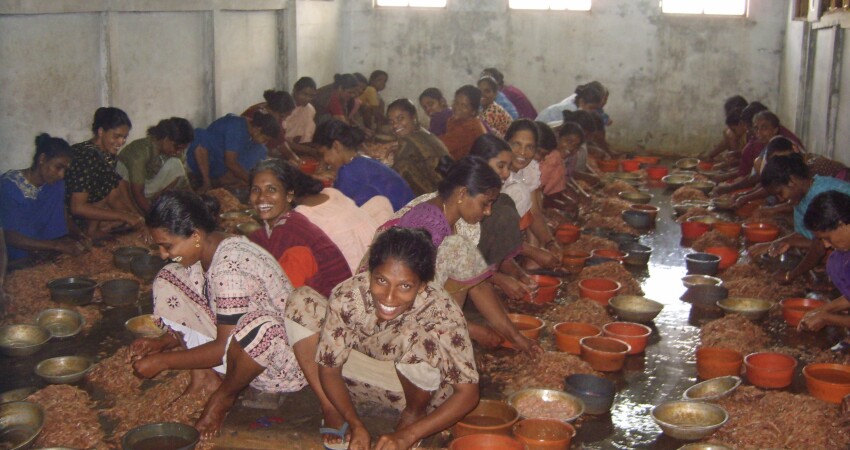In an interview published in Seafood Source on March 24, shrimp industry whistleblower Josh Farinella painted a vivid picture of what many suspected but could not prove: that American shrimpers are up against a corrupt system that holds them to a higher standard than it does their competition.
On March 1, 2024, after witnessing and documenting product adulteration and labor abuses he could not in good conscience participate in, Farinella quit his managerial position for Choice Canning, a shrimp processor and exporter in India. The Ocean Outlaw Project originally published Farinella’s allegations of Choice shipping shrimp tainted with antibiotics to the U.S., coverups during inspections by the Global Seafood Alliance monitoring arm, Best Aquaculture Practices (BAP), and multiple labor abuses. Farinella supported his claims with documents and recordings made in secret.
Ferinella chronicled a list of abuses that included workers held against their will, shrimp regularly testing positive for antibiotics, use of uncertified outside peeling sheds, and hiding problems from inspectors—though, as Farinelli described it, the inspectors signed off on a claim of 250 workers and then walked past 700. No one accused the BAP inspectors of corruption, but it would not take much imagination to consider the possibility.
According to Farinella, outside peeling sheds are supposed to be documented and certified. “They're completely off the books,” Farinella told Seafood Source. “Producers have to report all of their manufacturing facilities to the FDA to get a registration number. When you go through your annual audits, you have to list everywhere you produce, and Choice ensured that these external peeling sheds were not documented.”
US shrimpers currently faced with record low prices and cold storage facilities brimming with imported shrimp have called on the government to increase testing for antibiotics and labor abuses. Still, a proposal to expand the National Oceanic and Atmospheric Administration’s Seafood Import Monitoring Program (SIMP) was withdrawn in November 2023. Farinella’s revelations have been getting broad media coverage, and his trove of documents and recordings are difficult to refute. However, whether consumers will respond to the message and demand real change and whether regulators will step up to protect U.S. consumers and foreign workers remains to be seen.







